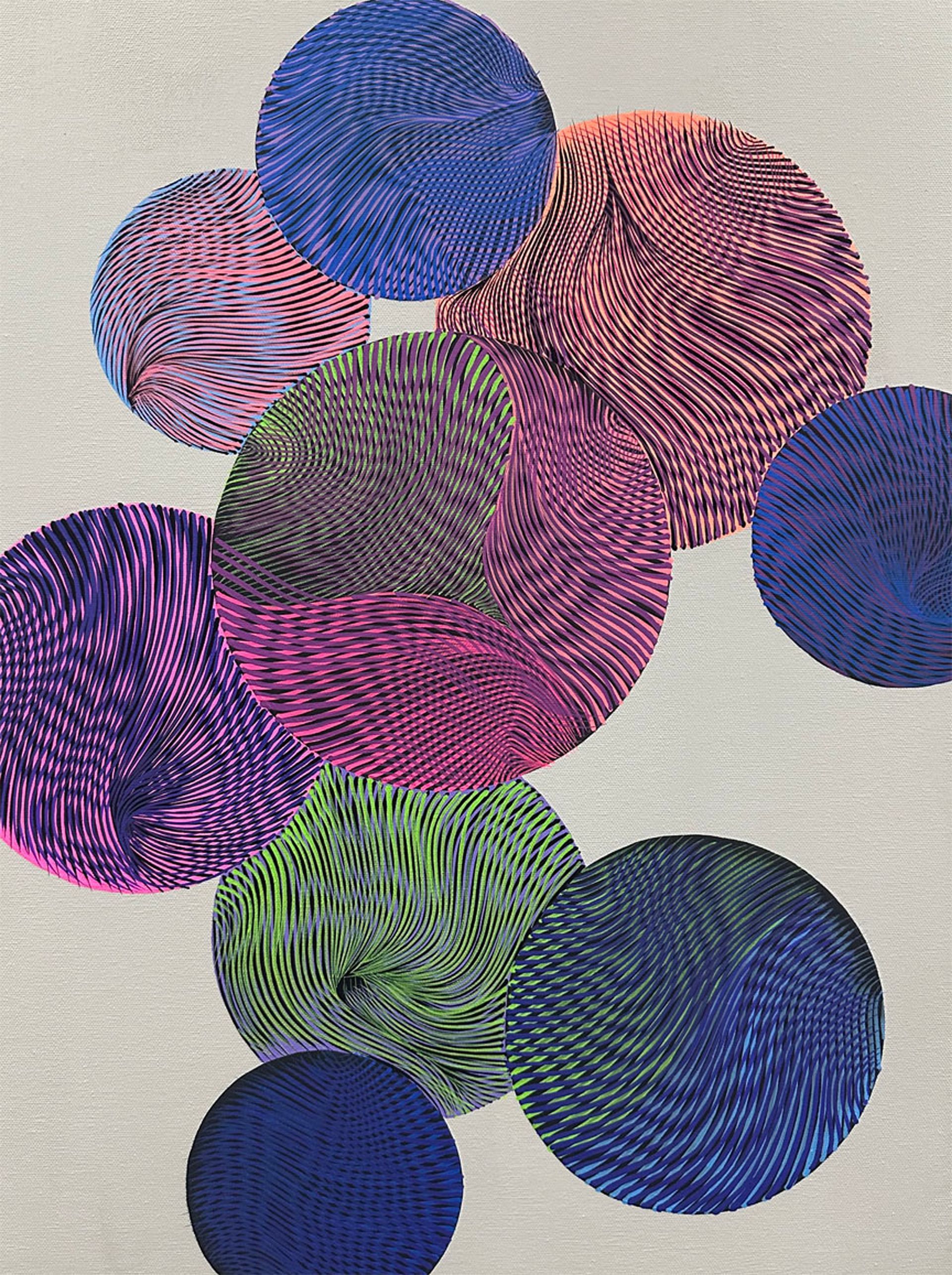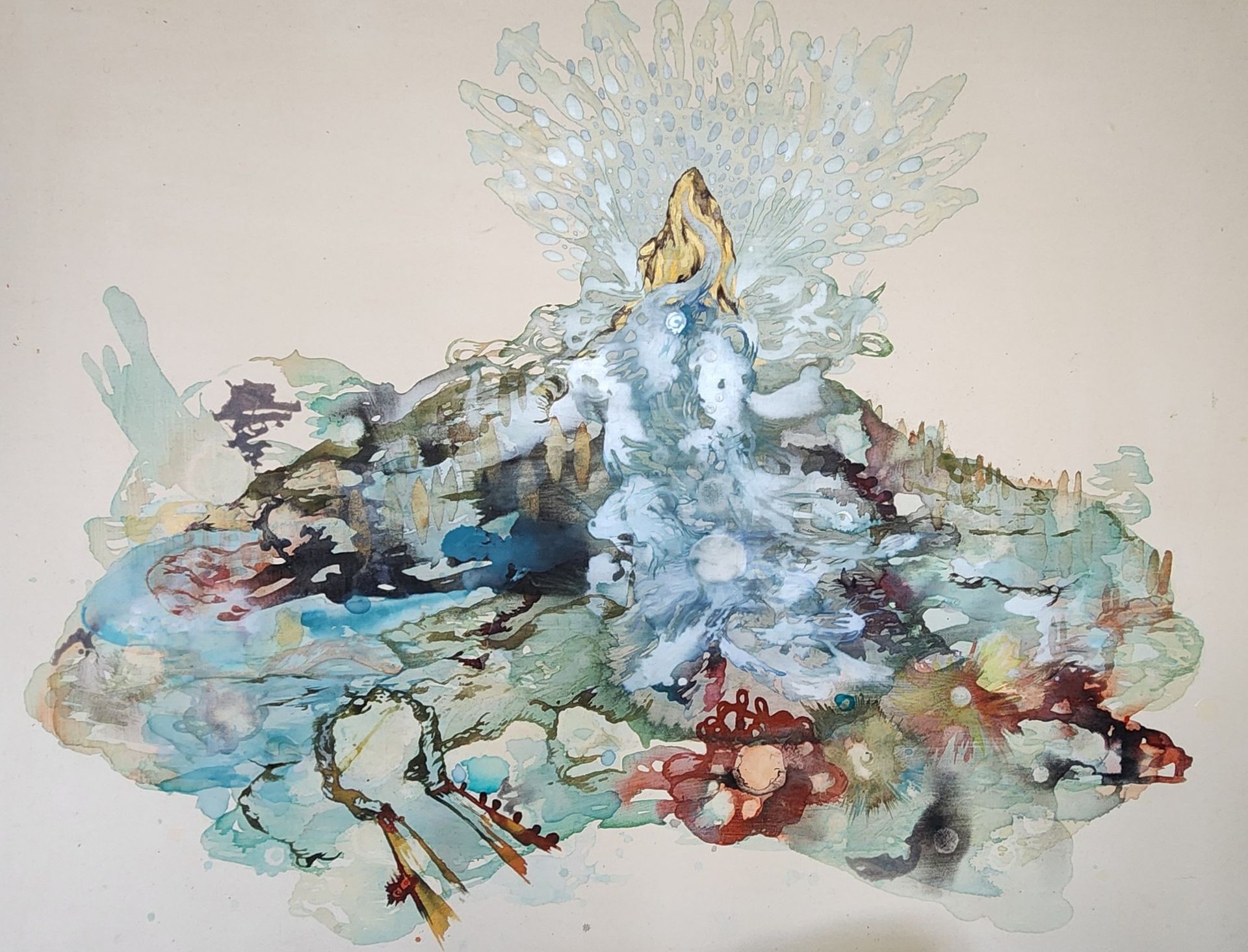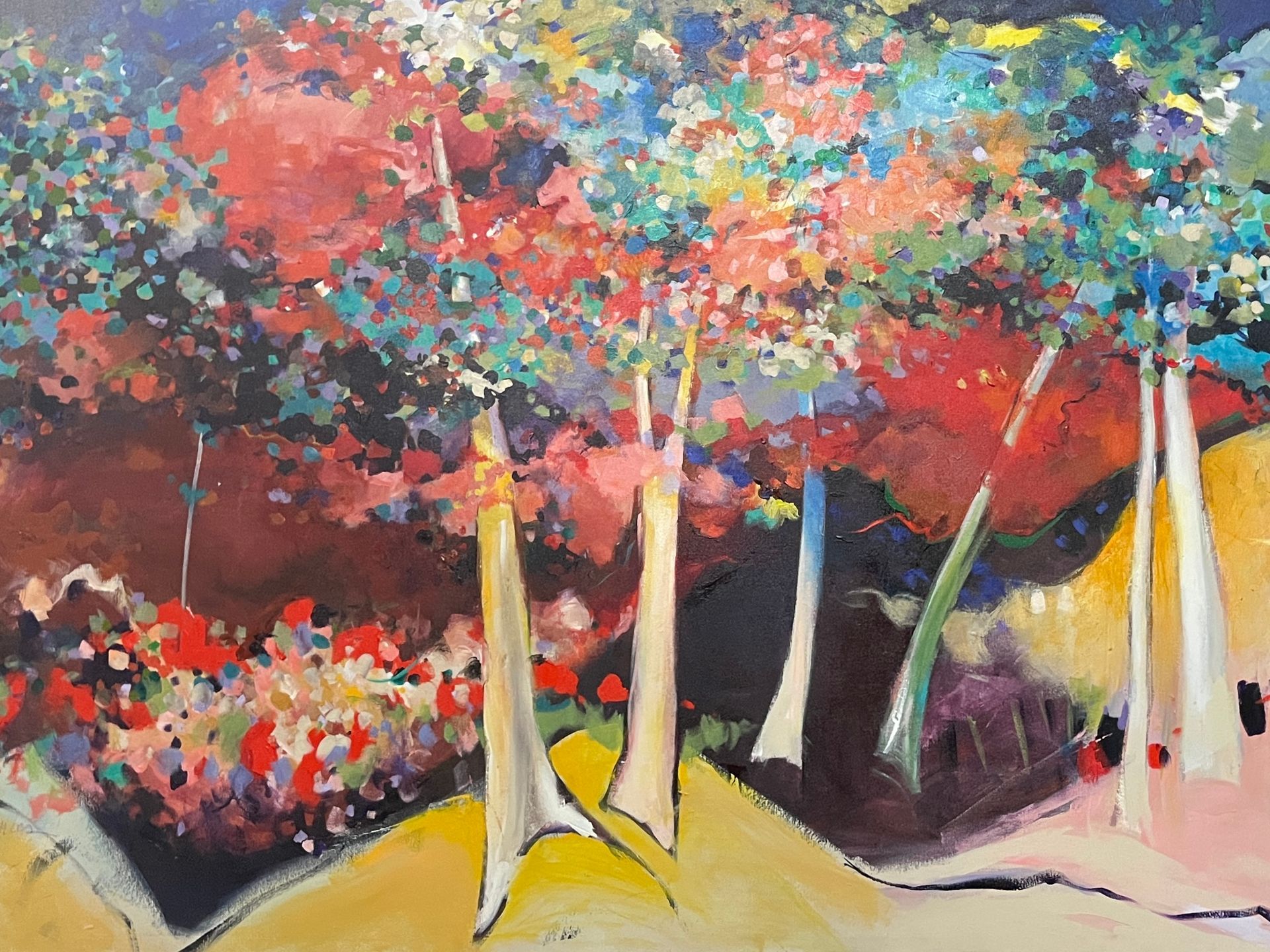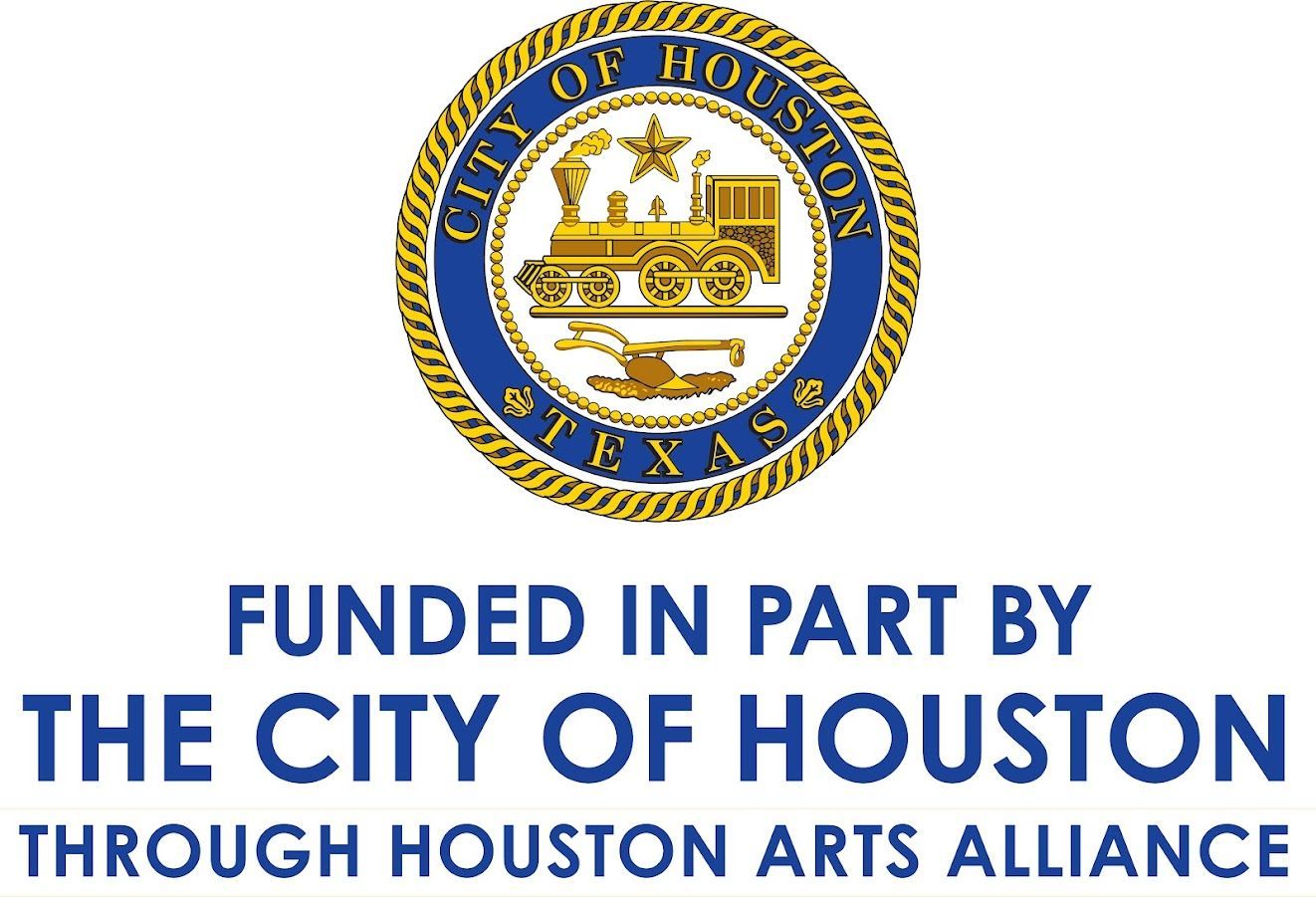Descending to Become
The Gift of the Liminal
“Liminal space is where transformation takes root—but not always with our permission.”
Autumn is the season that teaches us how to let go. Trees shed what no longer serves them—not in despair, but in trust that something unseen is at work. In the same way, our inner lives ask us to surrender just when we long for clarity. We find ourselves between who we were and who we are becoming. This is the sacred work of the in-between.
The liminal is derived from the Latin word ‘limen’: the threshold space where the ego loosens and a new consciousness begins to stir. It is often disorienting, tender, and initiatory. But when we shift our perspective, it unfolds as a sacred space of dynamism, rather than destruction. Something numinous will emerge. We’re not who we were, but we’re not yet who we’re called to be. And there is no map—only trust. It is the space where what was has not yet ended and what is has not yet arrived.
This threshold, reminds me of a scene from the film Monkey Man—a haunting and sacred visual metaphor for rebirth. After a brutal collapse, the main character, played by Dev Patel, falls into the water—symbolically dying. He’s pulled from the depths by the Hijra community, an often-marginalized group embodying the archetype of the third—neither this nor that, but something more whole. In their hands, he is not merely saved. He is initiated.
During his healing, he experiences a hallucinatory awakening—visions that strip him of vengeance, fear, and false identity. This descent into the watery unconscious cracks him open and prepares him to return with clarity of purpose, not just power. He emerges not as the same man—but as the one he was always meant to become.
That’s what the liminal does. It breaks us open, not to punish us, but to prepare us. When we stand in the nebulous space between what was and what will be, we are often being transformed. And yet, it is essential that in this transformation process, we resist the urge to bypass the pain. In spiritual space, we must be cautious not to use language of light and love to dismiss real suffering. Toxic positivity turns away from truth, while authentic presence leans in, with courage, grief, and tending.
Crisis can be clarifying. When the world outside no longer reflects safety or certainty, we turn inward for a new lens—one shaped by intuition, ancestral wisdom, and the collective unconscious. In this sense, crisis becomes initiation.
At the Mind Body Spirit Institute, we believe in this kind of integrated healing. Where seeing becomes not just about sight, but insight and transcendence–a call to surrender to the depths of the water and guide our journey for expansion.
By embracing the spaciousness of the liminal, we return to ancient ways of knowing–through shared experiences of transcendental art and music, nourishing food, restorative rituals, and embodied practices to serve as an anchor in exploring consciousness.
Yoga, for example, does not ask us to escape the body or bypass the brokenness. It teaches us to stay with the discomfort and to breathe through the suffering, to build capacities for grief, and to hold both personal and collective healing in the same vessel. It is not a path of escape, but of engaged presence.
This season, I invite you to see your uncertainty not as something to fix, but as something to listen to. The liminal may not come with answers, but it always offers deeper questions—the kind that change you from the inside out.
Like the Kid in Monkey Man, like trees in autumn, may we allow ourselves to descend—not to disappear, but to become. And in the descent, may we remember we were born to step through the threshold.
Jasmine Shah
Director, Mind Body Spirit Institute
Share
Recent Posts






